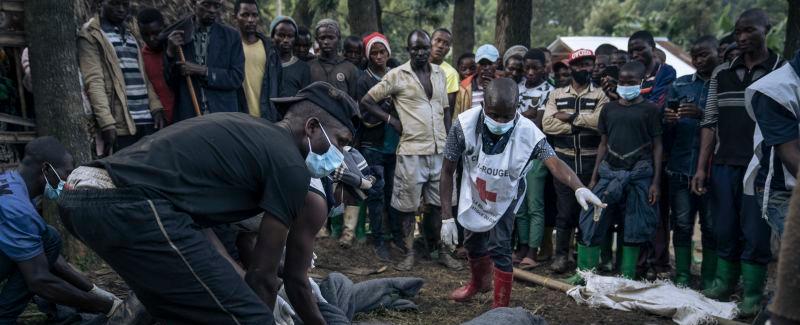Democratic Republic of Congo: More than 400 dead in floods and landslides

It’s been a week since torrential rains swept through the Democratic Republic of Congo (DRC), leaving more than 400 people dead and thousands others displaced. The floods and landslides, triggered by heavy downpour, have destroyed homes, roads and bridges across nine provinces of the country. The disaster has compounded the sufferings of people already grappling with the COVID-19 pandemic and armed conflicts in the region. The DRC government has declared a state of emergency to enable rapid response and aid to the affected areas. International aid agencies are also stepping up their efforts to provide food, shelter, and medical assistance to the affected population.
The situation in the DRC is one more example of the devastating impact of extreme weather events, exacerbated by climate change, on vulnerable communities in low-income countries. It underscores the urgent need for global action to mitigate and adapt to the effects of climate change. This includes reducing greenhouse gas emissions, ensuring climate finance for developing countries, and building resilient infrastructure and communities. As the international community prepares for the COP26 climate summit in Glasgow, Scotland later this year, the DRC disaster serves as a reminder that climate change is not a distant threat but a present reality for millions of people worldwide.
Quick Links

